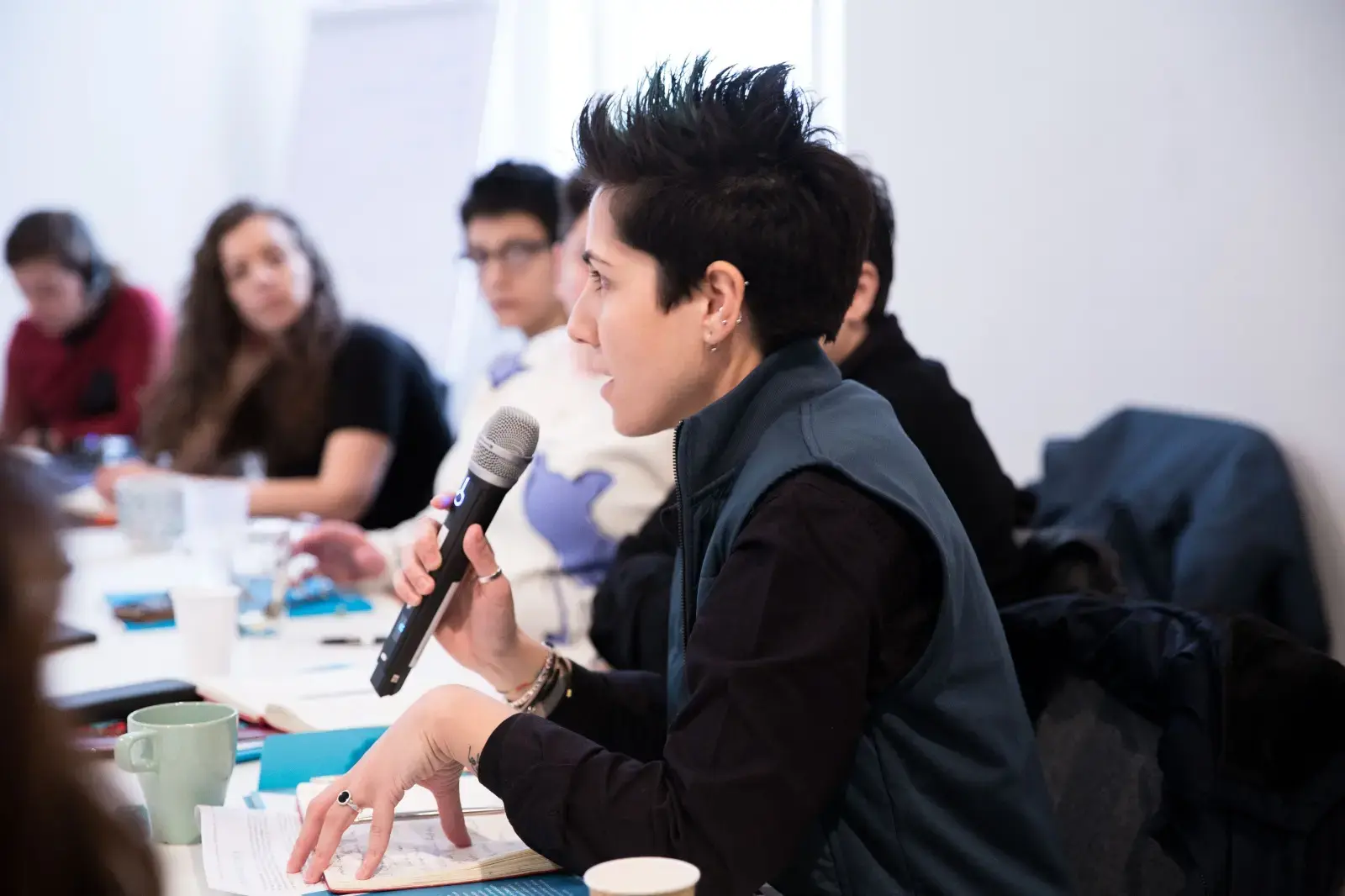Implications and Opportunities for Sexual and Gender Rights in the MENA Region
CTDC Policy Brief No. 3 – April 2017
This policy brief builds on CTDC’s earlier report Conceptualising Sexualities in the MENA Region, proposing a practical shift in advocacy strategies from identity-based frameworks like SOGI (Sexual Orientation and Gender Identity) to a more context-sensitive framework: SPGP (Sexual Practices and Gender Performance). The brief responds to the growing limitations of mainstream LGBTQI rights programming in the region and offers a roadmap for inclusive, locally grounded, and rights-based advocacy.
🔍 Key Issues Identified
LGBTQI categories are limiting: They often exclude people who face discrimination based on non-normative practices but who do not self-identify as LGBTQI.
Persecution is rooted in patriarchal gender norms, not just identity: SPGP-related discrimination targets visibility, behaviour, and performance—across all genders and sexualities.
Top-down, Western-centric approaches provoke backlash and fail to resonate with local contexts and lived experiences.
Visibility is not always progress: Increased exposure often leads to increased violence against LGBTQI communities.
🛠️ Strategic Recommendations
Adopt SPGP frameworks to reflect the actual basis of persecution and expand protection to those overlooked by identity-based models.
Centre grassroots-led advocacy to ensure sustainable, locally legitimate progress.
Conduct SPGP sensitisation trainings for professionals in healthcare, media, law, and social services to challenge public stigma.
Develop inclusive programming that addresses all non-normative sexualities and gender expressions.
Rethink visibility as a metric for success and ensure emergency support systems where visibility increases risk.
Support local women-led and intersectional initiatives that often remain marginalised in LGBTQI discourse.
Create an SPGP-sensitive asylum handbook to protect those persecuted for gender performance or sexual practice, regardless of whether they identify as LGBTQI.
Ensure foreign funding supports discreet, long-term, and culturally grounded efforts.
👉 To read the full policy brief, click below 👇
Reach to Us
Have questions or want to collaborate? We'd love to hear from you.




